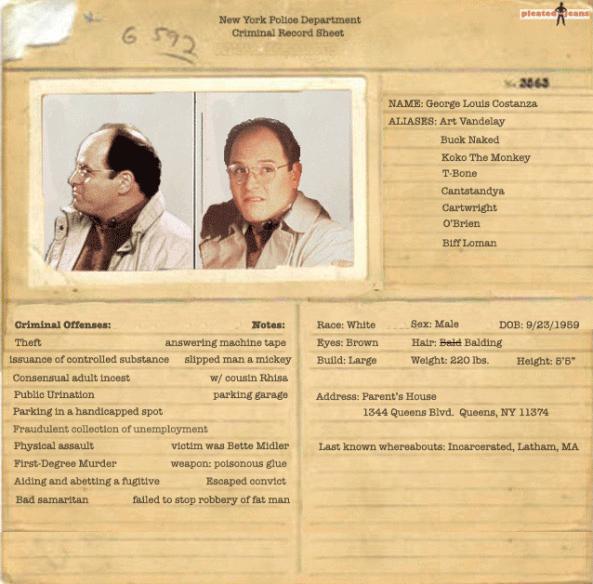Thursday Answers – Criminal records and Australian partner visa applications
Last updated: 18 September 2022
Criminal records and Australian partner visa applications
Thursday Answers are a response to questions submitted by readers on our regular Ask Mondays posts.
Every Monday I ask people to send in their questions and concerns and I select one to answer. In doing this, I hope you will see that a) you’re not alone in this, b) there are no stupid questions and c) we’re all here to help!
This week we’re dealing with criminal records. I won’t post the question here as it has too much sensitive information to redact but generally the reader asked: ‘what if I have a criminal record and will it affect my Australian partner visa application?’
Character requirements of any visa ensures that people who migrate to Australia are of ‘good character’ and aren’t a danger or threat to society and security of Australia. That is why you will need a police check for every country that you have lived in for more than 12 months.
If any of the police checks reveals a conviction of a crime committed then you will run into problems. You will have triggered another unit that assesses your threat level and they will decide whether you meet the character requirements or not.
But there are times that you run into curious situations where you’re not sure if you should list a crime you committed or not because the police check comes back with confusing annotations.
I’ll illustrate this answer with a scenario.
When you were 15 years old, you were arrested and charged with a low level crime such as shop lifting. Whilst you were arrested, charged and possibly went to court for a hearing, nothing was recorded against you. Perhaps you were ordered to attend community service instead. Either way, there was no conviction recorded against you. Fast forward 15 years later and you’re applying for an Australian partner visa to join your Australian wife in Melbourne.
You’ve decided to do the application yourself and bought my book. You read all about the character requirements and are confident that you can get it right. After going through the checklist in my book you finally come to the section about police checks that you’ve been putting off. You send off a request for a police check and it comes back with what you had expected: a listing of the shoplifting crime.
It has a curious ‘without conviction’ added to it and now you’re not sure what to do.
In one of the questions in the application form, they ask if you have been convicted of a crime. Technically your police check says you haven’t been convicted, but it does show that you have committed a crime, arrested and charged with one. So what do you tick?
Tick no and submit the police check, only for the case officer to think ‘well he clearly lied on the application form because we have a police check that shows he committed a crime.’ Lying or misleading information anywhere in your application may be cause for visa refusal or cancellation.
Tick yes and submit the police check, and the case officer thinks ‘OK he committed a crime but it was recorded without conviction. He was honest and upfront about what he did and the police check now shows that it wasn’t a serious offence to record a conviction.’
Whilst the above was just a demonstration of the thought processes of a rational human being, it is not necessarily how your application will be judged. There are other various factors and guidelines that the case officer must follow in order to determine the character test but what I’m trying to show you is how to approach these ‘tricky’ situations as an applicant.
My main rule for anything in your application form is, if in doubt to any questions on the application form, tick yes and explain your doubt in the additional pages. No need to justify or write a whole story about how or why it came about, but just explain that you have a police record that shows a crime but there was no conviction, you simply ticked yes and the rest is up for the case officer to decide.
But my fundamental rule is if you have any doubts or questions you should always consult a legal professional before proceeding. A legal professional will be able to assess the impact and advise you on the best strategy ahead.
That concludes this week’s Thursday Answers.
Until next time,
Fiona
P.S Don’t forget to send me your questions! Use the contact form here or send us an email.
P.P.S If you want try before you buy, don’t forget to go back to the home page and download a sample of the book to see if it’s right for you. Not only does the book come with useful tools like the relationship timeline spreadsheet, it has samples of documents, evidence and examples of statutory declarations or personal written statements that showcase exactly how you can build a strong and solid partner visa application.




